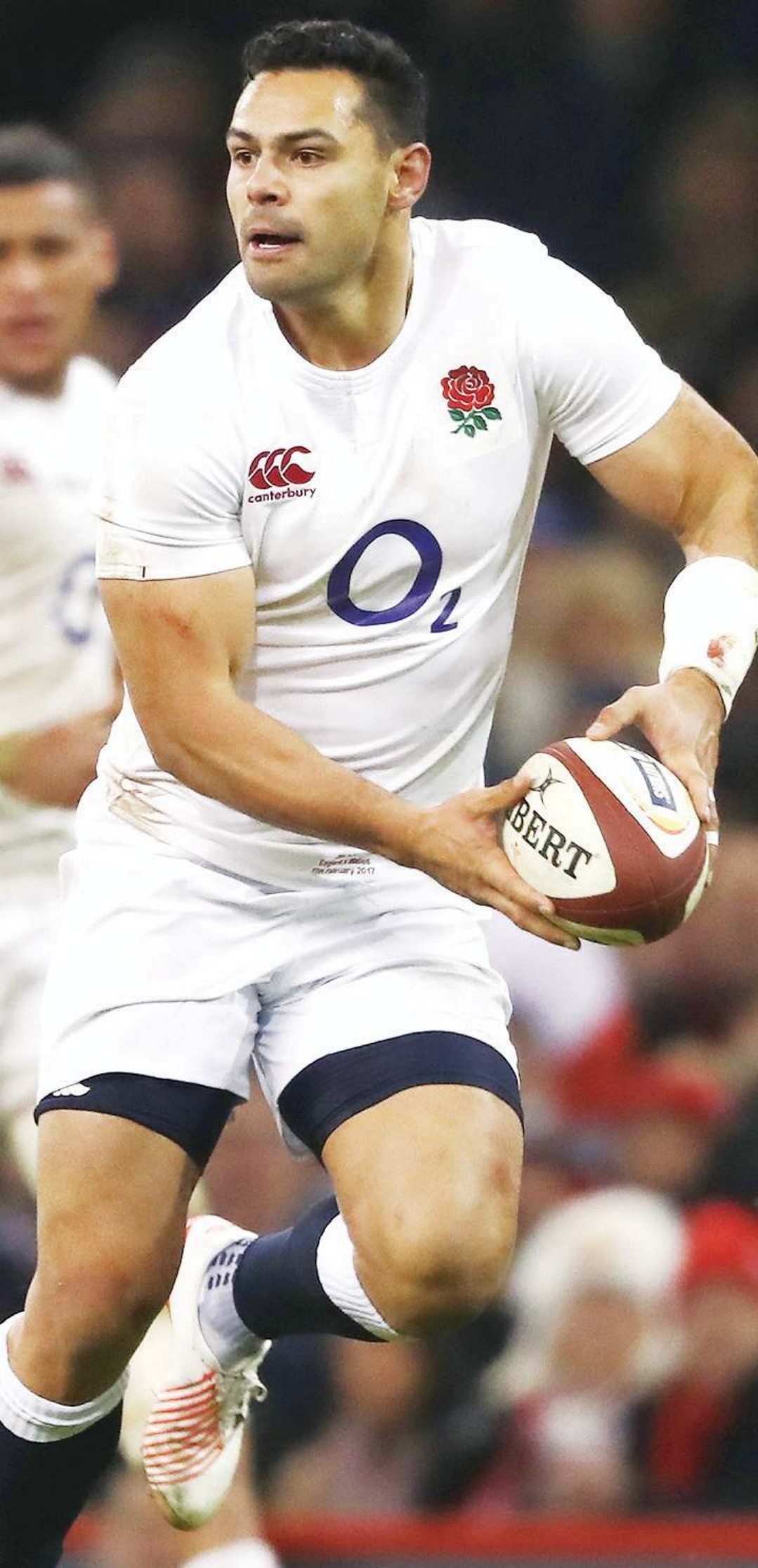Hartley’s run will end as Eddie starts stage two

Categories: Features
Tags: Danny Cipriani, Eddie Jones, England, Joe Marler, New Zealand, Nick Cain, Premium, Saracens, Scotland, Six Nations, Wales
NICK CAIN PICKS HIS ENGLISH LIONS AS EDDIE JONES REACHES A WATERSHED
Hooker choice: Dylan Hartley in action against Australia last summer and, inset, Jamie George
PICTURES: Getty Images
Whichever way you look at it, the manner in which England’s clean sweep and world record was slammed in Dublin was a watershed moment for Eddie Jones and his team. If the head coach takes the conservative route and sticks with the players at his disposal then they have to take a quantum leap, because on the evidence of their defeat by Ireland there are not good enough in any department to be world c...
Continue reading...
Access all our premium content from as little as 14p per day!
Already a subscriber to our website? Login